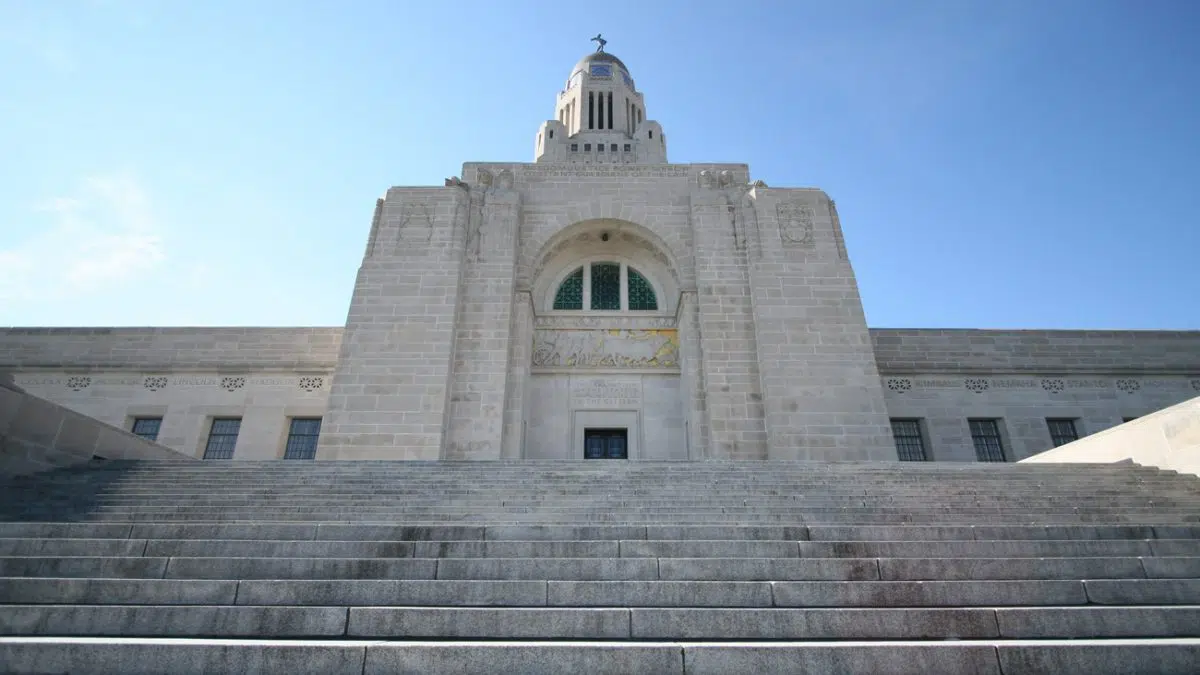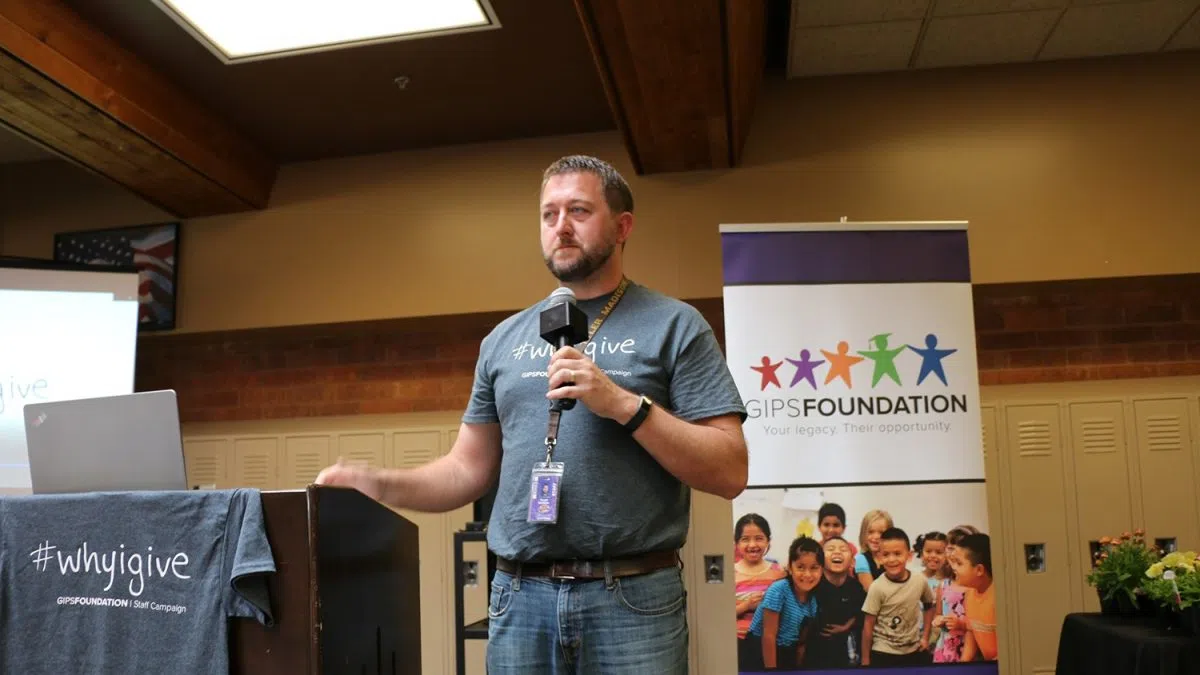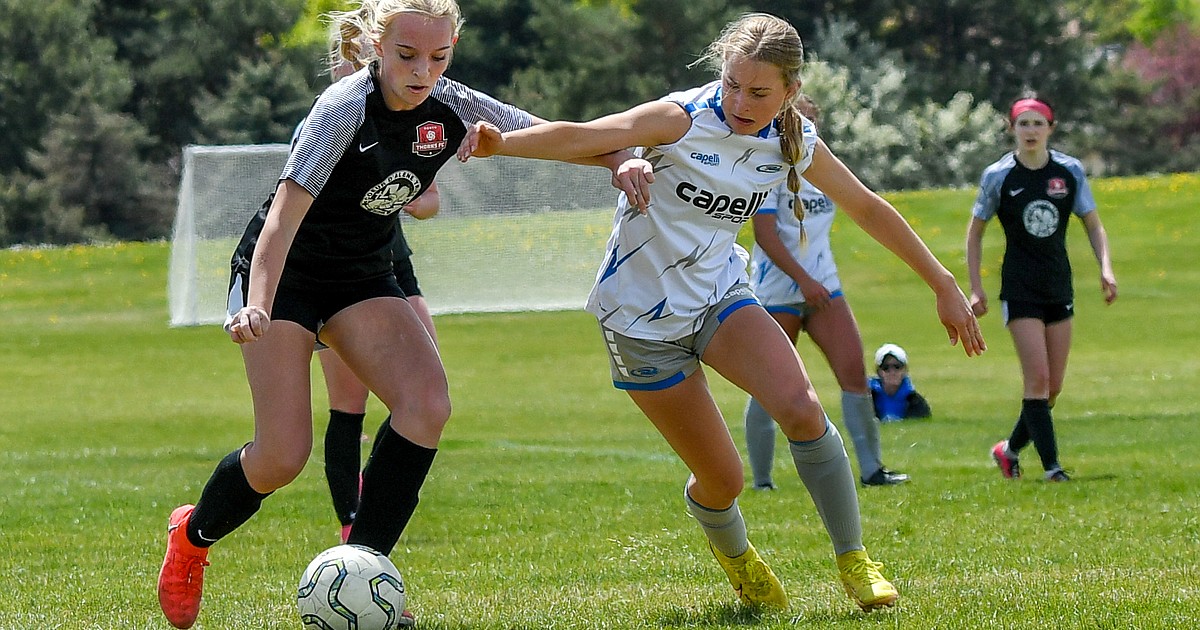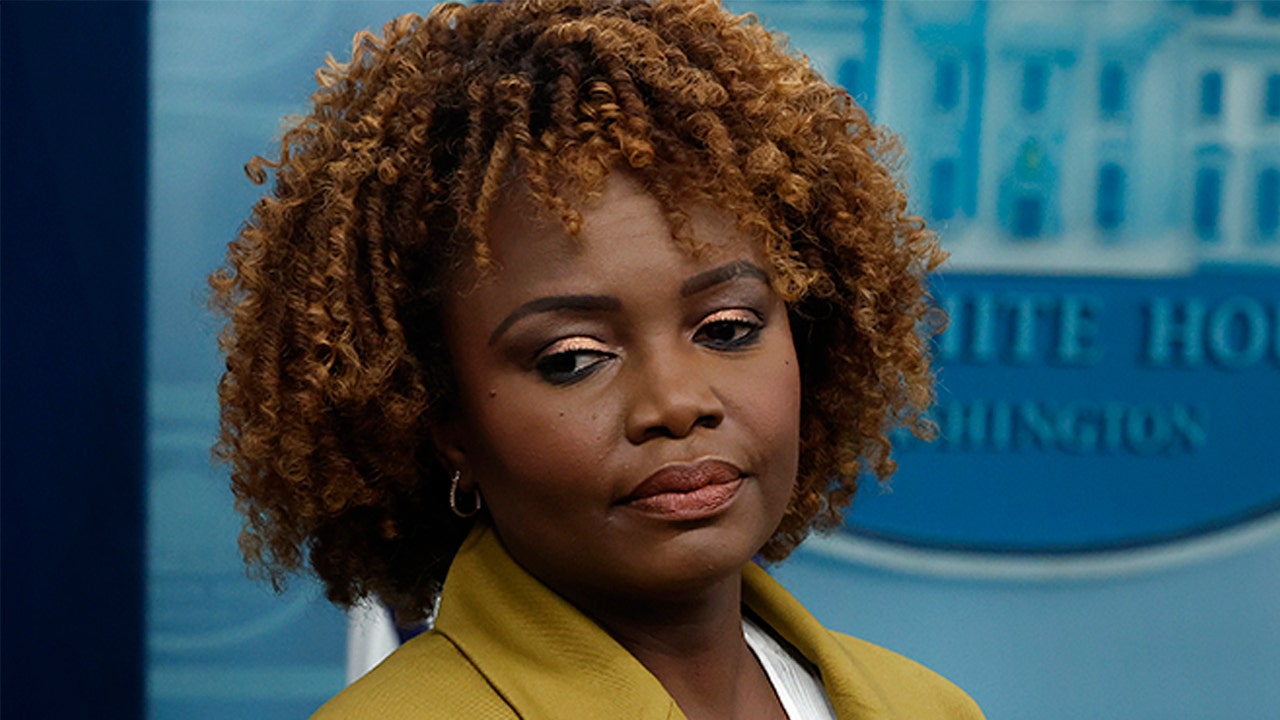Nebraska
NDOT and NATP to Recognize Nebraska Public Transit Week

jonson / Depositphotos.com
LINCOLN — The Nebraska Department of Transportation (NDOT), along with the Nebraska Association of Transportation Providers (NATP), proudly announce the recognition of Nebraska Public Transit Week, April 21-27, 2024.
This statewide initiative aims to highlight the pivotal role of public transit in fostering accessibility, sustainability and community connectivity across the state. In collaboration with public transit providers throughout the state, Nebraska Public Transit Week is intended to showcase the benefits and opportunities public transportation has to offer.
In Nebraska, 5.1% of households do not have access to a vehicle. Public transit options, in both rural and urban communities, are vital to these Nebraskans, as well as those who cannot drive a personal vehicle. In 2023, Nebraska’s rural transit providers traveled over 4 million miles with over 600,000 passenger boardings connecting people across the state to essential medical care, education, employment opportunities, and freedom of mobility in their day-to-day lives.
While urban providers have the largest ridership, they only account for eight of the 58 public transit providers in Nebraska. Most rural transit providers offer demand response service, where rides are booked ahead of time and bring passengers to a specific destination, like rideshare programs. In addition to the 58 public transit providers in Nebraska, six agencies operate regularly scheduled intercity routes across the state.
For more information about local providers, visit Nebraska Public Transit. This website includes an interactive map for finding public transit providers, details on events during Nebraska Public Transit Week and information for riders.

Nebraska
Migrants can help address Nebraska’s health care shortage • Nebraska Examiner

Nebraska is at risk of becoming a health care desert. Thirty counties currently lack hospitals, staff and infrastructure serving the rural population. At the same time, many of the hospitals we do have lack nurses and rely on hiring traveling labor from other states, which is costly. It’s estimated Nebraska needs to hire 5,435 nurses to fill this gap.
This is affecting Nebraskans’ health outcomes, especially in the areas of maternal health, primary care and end-of-life care. But there is an obvious solution: welcoming more skilled migrant health care workers.
Migrants play an essential role at all levels of the health care ecosystem — and they are vital when foreign patients face linguistic and sociocultural challenges. Nebraska is home to a growing and diversified migrant population. In 2021, nearly 143,000 of the state’s residents were foreign born. A portion of these workers were heath care workers in their home countries, yet cannot work in their field in the United States.
As it stands, foreign-educated nurses, nurse aides and physicians must undertake lengthy exams and training in order to work here. For nurses, Nebraska requires the Commission on Graduates of Foreign Nursing Schools exam, followed by the National Council Licensure Examination. Foreign-trained physicians, meanwhile, are often required to pass up to three U.S. Medical Licensing Exams and re-complete a residency program.
Most international medical physicians must also apply for an H-1B or J-1 visa in order to come to the United States and enroll in residency programs. Unfortunately, fewer and fewer programs are sponsoring these visas due to cost and time requirements. Even when successful, these processes can take years for workers and their spouses, delaying the start of training.
While most immigration policy is made at the federal level, Nebraska does have tools to address this situation.
The Nebraska State Boards and hospitals could remove some of the requirements for foreign-trained doctors and nurses. Many of these policies are set at the state board level, giving our health care leaders flexibility to address the shortage. New Mexico, Oregon, Arizona, Utah and New York, for example, have already eliminated the CGFNS exam for nurses.
Boards could also issue more temporary restricted licenses for foreign-trained physicians and allow them to work in rural areas without them having to re-complete a residency program. Many states have begun relaxing requirements and issuing temporary licenses to allow physicians to work in rural areas — and Illinois and Tennessee have passed legislation to allow foreign physicians a pathway to permanent licensure.
Nebraska’s congressional representatives should put pressure on federal agencies to accelerate the visa granting process for foreign trained workers and their spouses. This would reduce the financial and emotional burden placed on families and more quickly staff positions in which health care labor is needed.
Finally, to assess key challenges and progress over the long term, a consortium is needed, with relevant public and private sector collaboration to address the issue of foreign-trained skilled health care workers going forward.
To be sure, foreign-trained health care workers do not have the same educational background as U.S.-trained staff. While this is a valid concern, frequent training once on the job could assure that staff stay up-to-date with advances and clinical guidelines. This is already a regular practice for traveling nurses and physicians, who receive training when they switch hospitals to stay up to speed. The same could be done with migrant health care workers, which would be more economical than hiring costly traveling health care workers.
Critics might also point to the linguistic barrier that foreign staff may face. On the contrary, these workers would be a tremendous linguistic and cultural asset to the care of our growing migrant patient population.
While the majority of the immigration narrative focuses on undocumented migrants, it is important to remember that skilled legal migrants also face difficulties and sometimes prejudice during their process toward being legally allowed to work in the United States. As Nebraska’s health care system suffers due to a lack of skilled workers, it is imperative that we incorporate more skilled health care migrants into the workforce so we don’t become a health care desert.
These changes will require collaboration between government and the private sector, as well as a reduction in the stigma typically associated with foreign-trained workers and migrants. But the opportunity exists – we only have to be brave enough to pursue it.
Nebraska
Nebraska tornadoes: Reality of rebuilding sinks in for those picking up the pieces
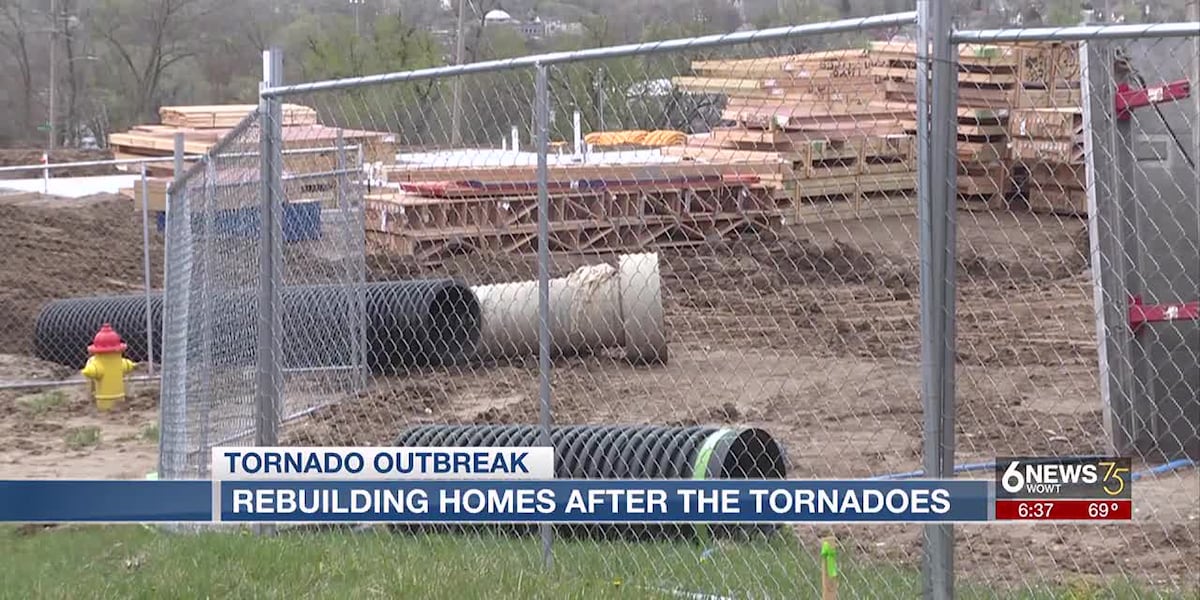
OMAHA, Neb. (WOWT) – Reality is starting to sink in for those who will need to rebuild after Friday’s tornado outbreak.
Jeff Smedlund, an independent insurance agent, said it’s hard to predict what lies ahead for the hundreds of homeowners who will need to repair or rebuild from the ground up.
Smedlund said, “This is an unprecedented loss that we just don’t know what the solution is going to be.”
Smedlund recalls the tornado of 1975.
“For us that were alive in 1975 the tornado, we recall it took almost a year for the homes to get rebuilt,” he said.
However, Smedlund says back then, we didn’t face the obstacles we do now.
“There is a shortage of materials and there is a shortage of labor and then when you throw in a large loss like this, it exacerbates the problem.”
Smedlund says the problem took off during the COVID pandemic.
“The shortage we’ve seen started back in COVID, and that has just progressed itself along so we’re finding a hard time getting materials in place, so that might have to come from other areas, might have to wait for it, and as far as the labor goes, we’re going to have to find the labor that can do the job.”
Smedlund says many local contractors are already tied up. “The labor pool that we have in Omaha is strained already with a lot of the large commercial projects we have. You’re looking at Amazon and Google that take up a lot of resources, and then with things that are going at Crossroads and things like that may impact the ability to get your home rebuilt as quickly as you want to,” he said.
Or for what many are willing to pay, unlike large companies.
Smedlund said, “They’re building large warehouses, and they want to get things done quickly and they have the money to get the talent to work on it.”
Smedlund says homeowner’s insurance should cover temporary housing like apartments or hotels. However, he warns, finding a hotel may be difficult this weekend because of the annual Berkshire Hathaway shareholders’ meeting.
Copyright 2024 WOWT. All rights reserved.
Nebraska
University of Nebraska Board of Regents candidate profile: Jerome Wohleb

LINCOLN, Neb. (KOLN) – Jerome Wohleb is challenging Rob Schafer for his District 5 seat on the University of Nebraska Board of Regents. Also in the race is Gary Rogge.
District 5 includes southern Lancaster County and the counties of Seward, Saline, Jefferson, Thayer, Gage, Johnson, Pawnee, Richardson, Nemaha, Otoe and Cass.
We sent questionnaires to each candidate in the race. Responses from candidates are posted verbatim and not edited for spelling, grammar, or content.
Jerome Wohleb
District 5
Website: https://jeromewohlebforregent.com/
1. Please provide a brief overview of your background and what drives you to seek membership on this board.
I have been a faculty member for nine universities, participated on several non-profit Boards including leadership roles, I have attended all four Nebraska universities early in my career, and have had decades of experience leading change and improving cultures as a director in healthcare. I have a Doctor of Pharmacy degree, a Master’s in Business Administration and over 30 years of growing programs while balancing budgets.
The Board of Regents is responsible for many decisions that are key to the future success of the university and the state. As a regent I want to bring needed change by addressing 1) the ongoing attrition in experienced and effective University leaders, 2) improve the university’s “average” national ranking, and 3) attract enough students to meet our labor needs for highly trained graduates.
2. What issues in higher education would you like to tackle?
Several issues present which are critical to the success of the universities and our Nebraska’s economy.
- 1. Access to a college education (due to high tuition costs & limited scholarships).
- 2. Perception or reality that a college education is not worth it (declining applicants for our universities)- UNL is the lowest return on investment in the Big 10 for student dollars.
- 3. Decline of qualified teachers, doctors, pharmacists, and many other professionals that we expect from our universities in our communities.
- 4. Disconnect between the Board of Regents and University leadership including multiple levels within the universities. Many are put in a position to compete for resources versus sharing or collaborating for better outcomes. This is causing recruitment problems, retention problems and discontent across all campuses.
- 5. Research is critical to build if we want to grow and use less tax dollars! Huge opportunity in this area.
- 6. Fiscally sound decisions to generate results for monies allocated. Spending less may be the answer, but generally it is about resourcing the needs appropriately to create growth which brings additional revenues. Imagine how new “billion-dollar industries” in Nebraska could make a difference! They will not come without our universities creating talented labor and opportunities.
3. The University system has had to face significant budget cuts over the last few years – how would you balance the budget and preserve programs for students?
Every leadership role I have had over the last 30 years has faced the same question and, in every situation, I have been able to increase value (preserve programs) and cut the budget. This is a complex question to answer without the facts available for me to address effectively. However, most organizations have waste, most organizations compete for budget dollars (operational or capital) that need prioritization. We need to work with our businesses, our partners in the communities, our external funding sources (endowments, grants, research, etc.) towards a common win-win solution. In general, you cannot keep cutting resources and expect to have a successful outcome.
4. How would you work to support the University’s efforts to recruit students from across the state and the country?
This is a very appropriate question and needs immediate action. Nebraska high school graduation rates are projected to decline by 15% creating fewer college applicants and a reduction of skilled graduates. We must be able to recruit students from beyond the Nebraska bounders to meet our needs in Nebraska. I have been able to double our department staffing over 10-years due to recruiting across the United States. We need to create an environment that students will want to come to Nebraska, whether that is an improved athletic program (volleyball is a great example) or academics that pull in faculty and research to grow our programs. Given the proper leadership, incentives and focus, students will come, especially if we create a reason for them to stay after university training.
5. In the last few years there has been quite a bit of leadership turnover at the University System. With a new President coming in, as well as other new administrators, how will you help keep those leaders in place and increase stability for the University of Nebraska?
This is a big reason why I am running for a Regent position. As I understand, the Regents may be part of the reason why they are leaving. During my campaign, I have visited with Deans, faculty and others about this topic. The general consensus relates to: ineffective communications and collaboration between the regents and many at the universities.
This is another primary reason why I am running for regent. There needs to be effective collaboration and alignment of strategies, a listening ear, and a culture change. These are related to top leadership which appears to be related to Board actions. We must be able to retain our top talent and build a growth mindset. We currently have two open presidential roles for two of our universities. It is very challenging to lead without key roles in place or expecting leaders to do multiple roles.
6. Research is a priority for the University. How would you support those efforts as a Regent?
I totally agree that research is and should be a top priority. However, it is challenging to bring in new research or faculty when we are cutting or eliminating programs. Although we have a start, we are not competing with the rest of the Big 10 universities. The technology growth in Indiana and Kansas is happening now. For example, Kansas University of Engineering is the only Tier-1 designated institution in the state and immediate region. Undergraduate engineering students at KU learn from and work alongside world-renowned faculty members in state-of-the-art facilities. We need to push more resources into research and partner with investors and businesses to grow more talent and development in Nebraska.
7. What are your thoughts on the leadership of the Athletic Department over the last few years? Is there anything you would do differently?
I was under the impression that the vast majority of Nebraskans respected and valued Trev Alberts in this role. If you look at the improvements for many programs, it would suggest he was creating many successful programs. I hope we are able to recruit and retain similar talent going forward.
8. What are your thoughts on renovating Memorial Stadium?
I do understand there is an interest to renovate the South end of Memorial Stadium, but I have heard mixed responses from both ticket holders and fiscal conservatives. I would recommend getting more feedback on the rationale to make sure it is both cost effective and desired by our loyal fan base, especially the current ticket holders.
Click here to subscribe to our 10/11 NOW daily digest and breaking news alerts delivered straight to your email inbox.
Copyright 2024 KOLN. All rights reserved.
-

 World1 week ago
World1 week agoShipping firms plead for UN help amid escalating Middle East conflict
-

 Politics1 week ago
Politics1 week agoICE chief says this foreign adversary isn’t taking back its illegal immigrants
-

 Politics1 week ago
Politics1 week ago'Nothing more backwards' than US funding Ukraine border security but not our own, conservatives say
-

 News1 week ago
News1 week agoThe San Francisco Zoo will receive a pair of pandas from China
-

 World1 week ago
World1 week agoTwo Mexican mayoral contenders found dead on same day
-

 World1 week ago
World1 week agoBrussels, my love? The EU single market is not sexy enough for voters
-

 World1 week ago
World1 week agoEU sanctions extremist Israeli settlers over violence in the West Bank
-

 Politics1 week ago
Politics1 week agoRepublican aims to break decades long Senate election losing streak in this blue state
